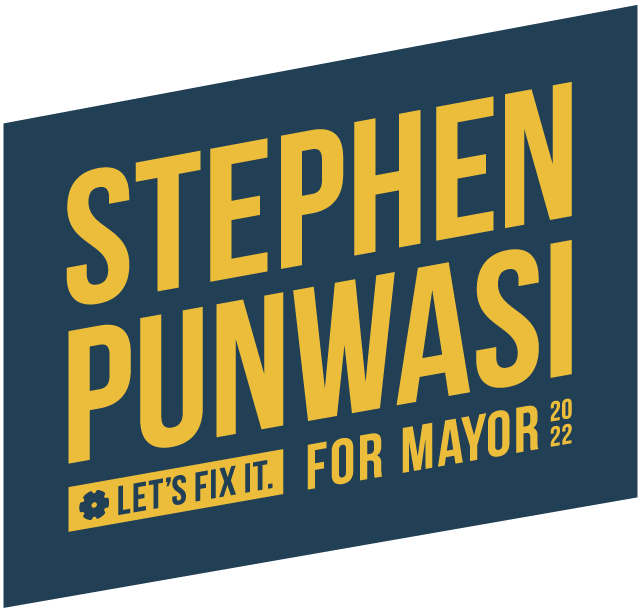What if you lived in a city that stuck you with an arbitrary bill just because you bought a home later than others? It shouldn’t be too much of a stretch, since that’s how Toronto currently works. Let’s fix it.
The Problem
Development charges are a complicated but poorly understood topic. The opacity in the process leads many to believe the revenues cover the cost of the City growing, but they are actually arbitrarily determined, and add excessive cost to home prices.
Development charges are supposed to pay for the infrastructure to service housing. However, it’s determined on a per unit basis, not factoring scale. Usually the cost of infrastructure goes down with scale, not up. If it isn’t falling, you’re doing it wrong.
Sounds like they’re just guessing, doesn’t it? It would be generous to chalk this up to guessing. Council recently voted to raise the charges on the average bachelor or 1-bedroom apartment to $52,000. It represents a larger than 40% increase from the year before. Inflation is high, but not that high.
The Solution
We’re going to review and turn development charges into a tool for smart growth. It’s much cheaper to install infrastructure in regions outside of the downtown core. Let’s encourage growth along business corridors in areas with inadequate housing.
We won’t just benefit from encouraging growth in areas more cost effective to service. The new housing will generate more tax revenues, helping to improve our cashflow.
More cashflow, sustainable development, and it will bring down housing costs. We can do this.

